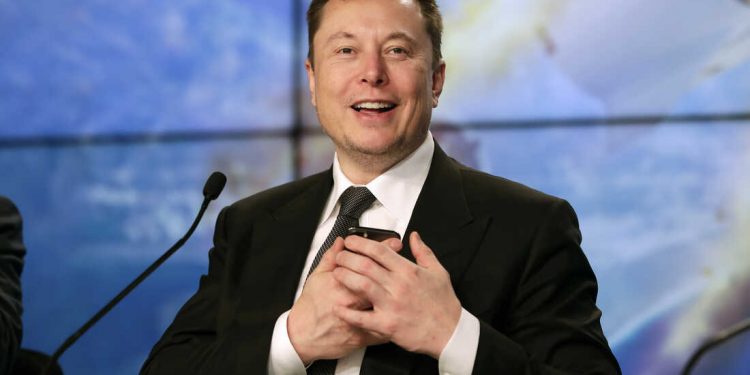Contents
What Does Elon Musk’s Future Hold For Twitter?

Elon Musk agreed to buy Twitter in April. Musk said he wanted to take the company private, promote free speech, and improve its service features. Since then, the stock market has plunged, roiling credit markets and damaging Tesla shares. Some investors have been forced to sell their debt. What does Musk’s future hold for Twitter? This article will look at some of the possible outcomes.
Elon Musk Wants Twitter to Promote Free Speech
Elon Musk is a self-proclaimed free speech absolutist who has publicly criticized the increasing use of content moderation on Twitter. While Musk has repeatedly stated his desire to promote free speech on Twitter, many on the frontlines of the democratic space online have questioned whether his intentions are serious and whether his plan will actually strengthen democracy. Twitter employees and experts have both expressed concerns about Musk’s offer, which they say would undermine recent efforts to protect vulnerable users and combat harassment.
The question remains: Does Elon Musk’s desire to regulate Twitter’s platform promote free speech? Musk’s recent comments have stirred speculation over whether the company will be able to regulate speech on its platform. While most social media companies are focused on transparency and accountability, there is a need to maintain free speech on these platforms. Regardless of what Elon Musk wants, Twitter users must be protected by the law.
In response to this criticism, Musk reiterated his position on Twitter’s speech rules. Some critics say this definition of speech could open the floodgates to hate speech, propaganda, and spam. However, Musk did acknowledge the need for content moderation, but said that Twitter must not promote “hate speech or other harmful speech.”
Elon Musk Wants Twitter to Get More Than a Billion-Dollar Breakup Fee
In April, Elon Musk struck a deal to purchase Twitter for $16 billion, and in May, he hinted that he may have changed his mind and put the acquisition on hold. The entrepreneur said he was looking into Twitter’s spam problems and accounting of fake users. In order to do so, he asked for access to Twitter’s “firehose,” or data stream, which contains 500 million tweets a day. The agreement came about after Twitter agreed to provide Musk with this data. Since then, Musk and his team have been working to finalize the deal.
While tweeting frequently, Musk revealed that he had a stake in Twitter and announced his unsolicited takeover bid on the site. In the letter, Musk did not disclose the details of his financing plans and offered to let Twitter shareholders vote on the deal. Twitter’s board of directors could also recommend against the deal if they didn’t like Musk’s offer.
As a result, Musk and Twitter agreed to a reverse termination fee of $1 billion if the two sides fail to reach an agreement. The reverse breakup fee typically applies when the two companies cannot reach an agreement due to a third-party financing issue or regulatory intermediation. However, if the transaction falls through due to fraud, the buyer could walk away, leaving the company with a billion-dollar breakup fee and a risk of being sued for billions of dollars.
Elon Musk Wants Twitter to Eradicate Bots
Elon Musk, a self-proclaimed free speech absolutist, wants Twitter to eliminate bots. Spammers are not only annoying, but they can be conduits for scams. By removing bots, Musk hopes to improve Twitter’s user experience by ensuring all tweets are from real people. Musk is unlikely to achieve this goal with a one-time decision, however.
Musk has built up a large equity stake in Twitter and has a complex financing plan. However, Musk’s escalating tensions with Twitter are putting his plans on hold. The billionaire’s representatives have already sent a termination letter to Twitter, alleging that the company had misled the public by not disclosing the number of spam bots that were destroying the service. Twitter’s response? It has vowed to go to court if Musk fails to honor his terms.
Musk has asked Twitter for more information about bots, and they’ve responded with a report stating that bots account for 5% of all tweets. However, he doesn’t think this is enough. Twitter’s artificial formatting and limitations limit its ability to identify bots, so Musk’s definition of a bot account is based on his own judgment. Musk has also stated that the number of spam bots on Twitter is higher than 5%.














